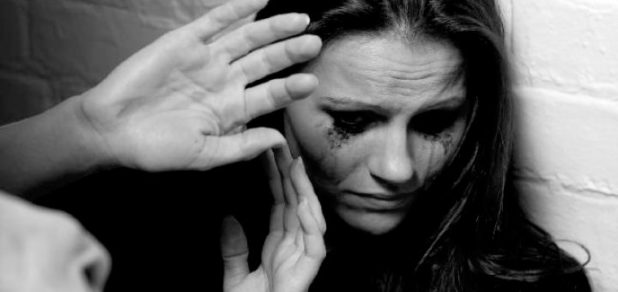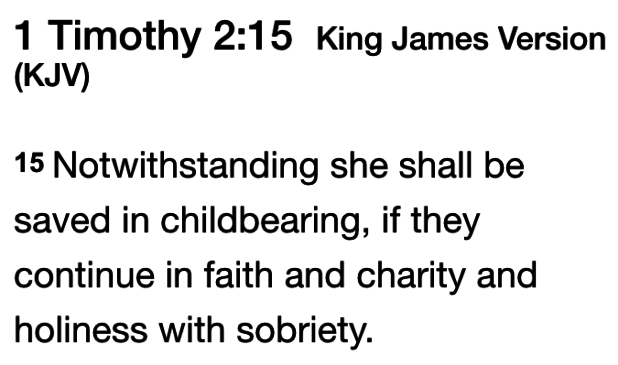Pomidor Quixote
Daily Stormer
February 11, 2020
Painful experiences trigger a strong bonding mechanism in women, which is one of the reasons why they very rarely try to leave men who physically abuse them.
General anesthesia during C-sections literally takes away their first and most important chance at bonding with their child and turns them into little more than mindless womb-bags.
Women who have general anesthesia during C-sections are significantly more likely to experience postpartum depression resulting in hospitalization, suicidal thoughts, self-harm and anxiety, according to recent study.
This may be because general anesthesia during C-section deliveries can delay skin-to-skin interaction or breastfeeding from mother to infant, and can cause more acute postpartum pain.
‘These situations are often coupled with a new mother’s dissatisfaction with anesthesia in general, and can lead to negative mental health outcomes,’ said Jean Guglielminotti, MD, PhD, in the Department of Anesthesiology at Columbia University and lead author, in a statement.
Or it can be because deep down they know they missed a critically important chance to redeem themselves.
Women need to experience pain during childbirth to redeem themselves.
If for some natural or unnatural reason they don’t, then they need the crap beaten out of them just to put them on the safe side of redemption.
But it’s illegal though.
It is important that women don’t enjoy this kind of pain, so just to be very clear here: we’re not talking about the BDSM stuff that women love.
We’re talking about actual brutal beatings.
The fatter they are, the harder you have to strike to reach the bone.
But I mean, it’s illegal, so if women don’t experience excruciating pain during childbirth, they’ll have to figure out another way to redeem themselves on their own.
The study, published in Anesthesia and Analgesia, is the first of its kind to examine the role general anesthesia during C-sections play in postpartum depression, or PPD, and how regional anesthesia may have a ‘protective effect.’
Around one in nine women experience PPD in the United States.
…
The study found women who underwent general anesthesia were 91 percent more likely to have thoughts of suicide or self harm, and 54 percent more likely to experience PPD.
Women who had general anesthesia during C-sections tended to be non-white, older and on Medicare or Medicaid.
This is compared to women who had regional anesthesia, like spinal blocks and epidurals.
Regional anesthesia at least allows women to be conscious during the process and observe what’s happening to their bodies, but it should still be avoided because it still takes away their chance to redeem themselves.
However, researchers maintain that the findings don’t directly mean general anesthesia causes PPD.
Guglielminotti told CNN: ‘We don’t want people to believe that general anesthesia is always bad. It can be good in some situations, when you require an emergency C-section. What we’re saying is that general anesthesia is not always good, and when it can [it should] be avoided.’
General anesthesia isn’t often used in North America and fewer than five out of every 100 C-sections are done with it in the United States.
General anesthesia is usually used in emergency C-sections or in instances when regional anesthesia cannot be utilized, said says Grace Lim, director of obstetric anesthesiology at UPMC Magee-Womens Hospital in Pittsburgh.
Lim says the emergency C-sections, which are more likely used for babies who are early or ill, or for mother’s with health problems, could also explain the increase in PPD.
She told CNN: ‘Thus, the nature of the emergency delivery, rather than the general anesthetic itself, may be the real reason why these women end up with higher odds of depression.’
It could be.
Or it could be that knowing that they’re going to Hell depresses them.





